NATIVE MAGAZINE
We could tell you it’s a good idea to shop local because you’re investing in the local economy, creating jobs, and keeping more money within the city. And that’s true. But when it comes to gift-giving, there’s more to it than just that.
The items we’ve featured in this issue have lots of love and hard work behind them. It’s stuff that’s taken hours to make or hours to find. And on top of that, it’s stuff that’s just really cool. We’ve got rabbit skulls, hand painted Nashville baseball bats, vintage typewriters, handmade custom hats, hand spun blankets, skateboards made by teens, alligator heads, and Star Wars socks.
We were lucky enough to grab this stuff—and much, much more—around town and mess with it. We think they’re all really great items, and we hope you do too.
We are excited to welcome into the Shared Trade family, our new Peruvian partners, The Monkey Project. Founder, Nubia Echevarria took the time to answer a few questions for us. See the entire collection here.
Why sock monkeys? Huancayo has a large community of knitters and I noticed that knitted finger puppets were a popular toy. And I've always loved monkeys — I think they're super cute. I remember as a little girl my dad had given my mom a Dakin hugging monkey set and I thought they were the cutest stuffed animals. It represented a sweet gesture of love. So my thought was to take an old American staple, the sock monkey, that everyone could relate to and make it philanthropic. Apart from employing women in Peru, my second motivation was to educate the younger generation on giving back. I wanted each sock monkey to represent a different characteristic, like love, hope, friendship, faith, etc. From there, the idea of creating monkey characters and telling their story evolved. Our first sock monkey we launched was Otis, who represents love. I named him after one of my favorite musicians, Otis Redding. In the accompanying children's book, Otis is an orphan who has a love for music and wants nothing more than a family to call his own. I'm so happy with the story — it's very sweet. To me, adoption is was one of the truest forms of love. That's why I made Otis the love monkey an orphan in the story. The percentage of the sale of each book will be donated to a charity that aids orphans and orphan care. The book is coming soon!
Why Peru? My parents are from Peru, though I was born here in the U.S. The majority of my family (grandparents, aunts/uncles and cousins) live in Peru. After the sudden loss of my father, I wanted to be around my family in Peru and just experience life the way my parents did. I wanted to immerse myself in their/my culture. I moved there for a year and lived half the time in Lima and the other half in Huancayo, a small town in the Andes mountains.
Why artisans? When I lived in Huancayo, known as the Artisan capital of Peru, I was amazed by the amount of talent and craftsmanship the local artisans possessed. Their wares were beautiful and so well-made by hand. You could find anything from knitted pieces, handmade jewelry, leather goods, ceramics — the list was endless. I also discovered these high-quality handmade goods were super affordable to a fault and that most artisans were living in poverty. Seeing these hardworking, talented artisans that were eager to work and provide for their families was the catalyst that started The Monkey Project.
What has been the impact so far? The effect on our women has been very positive. Our head crocheter, Berta, has put her daughter through college with the earnings of TMP and we now have 4 women working with us. Our ultimate goal is to increase the number of employed women as our demand increases — there is a need and an abundance of talented artisans eager to work.
Describe TMP's partnership with Shared Trade? I'm so very thankful for the partnership with Shared Trade. In the short time we've been working alongside of them, it's helped TMP significantly. They placed a large order which enabled us to hire on another woman to meet the demands. This is wonderful news for us because our mission is to continue to hire more artisans! We were able to use their shipping discount which helps our costs considerably. And their large platform has helped bring awareness of our mission. Overall, Shared Trade's support has been extremely positive for us and we feel very blessed to continue to work with them!
December 02, 2015 by Michelle Wijaya




